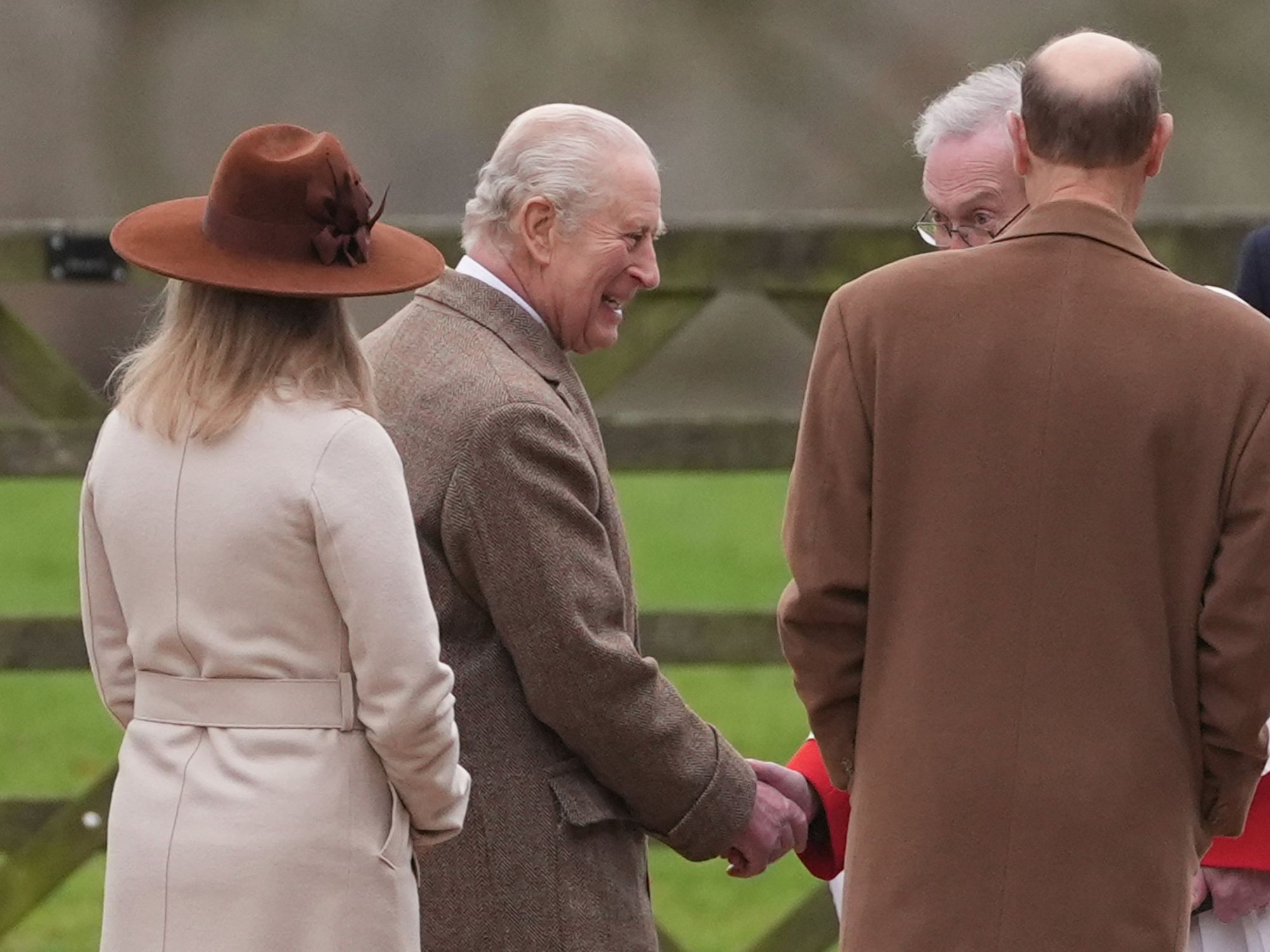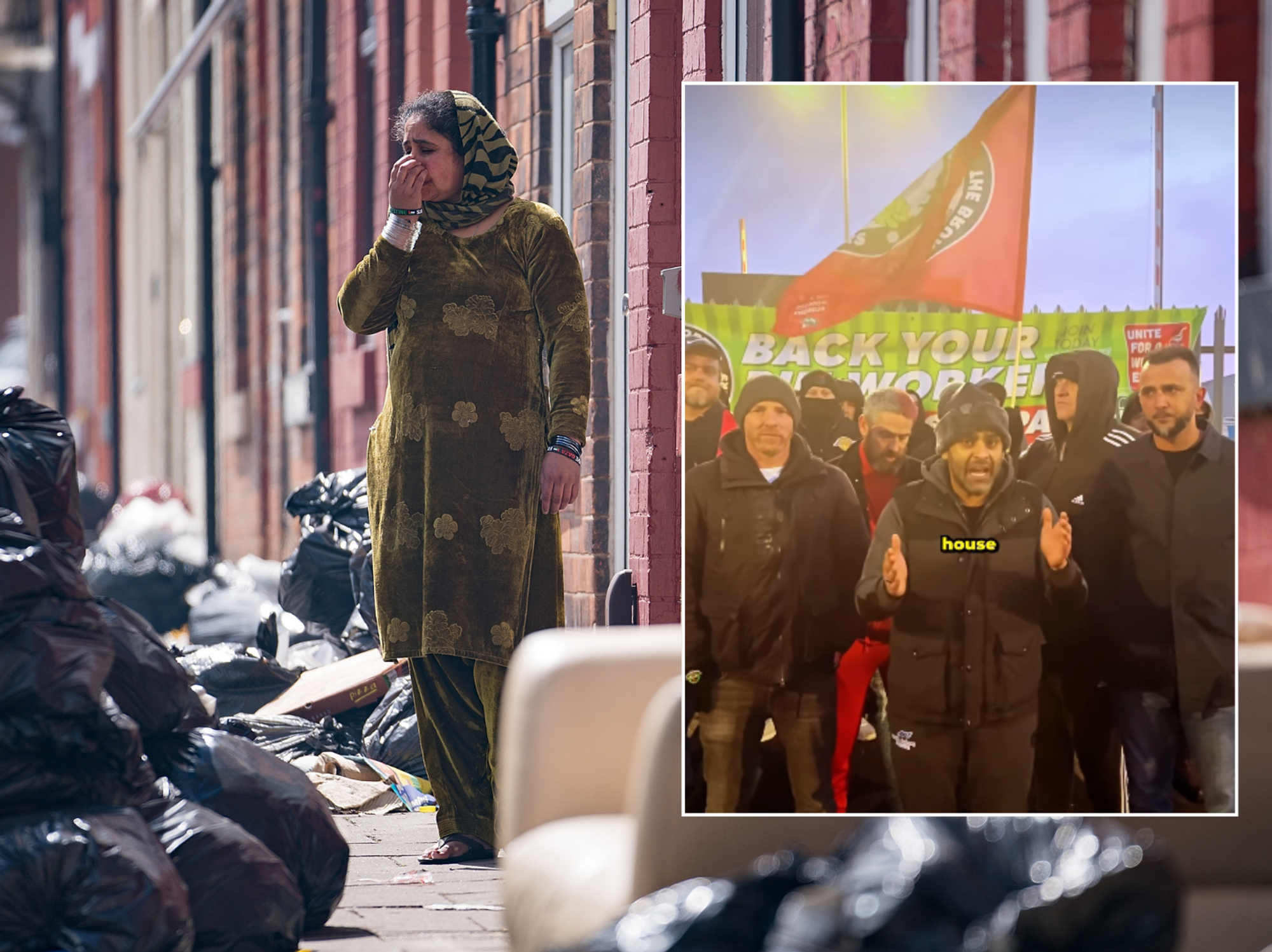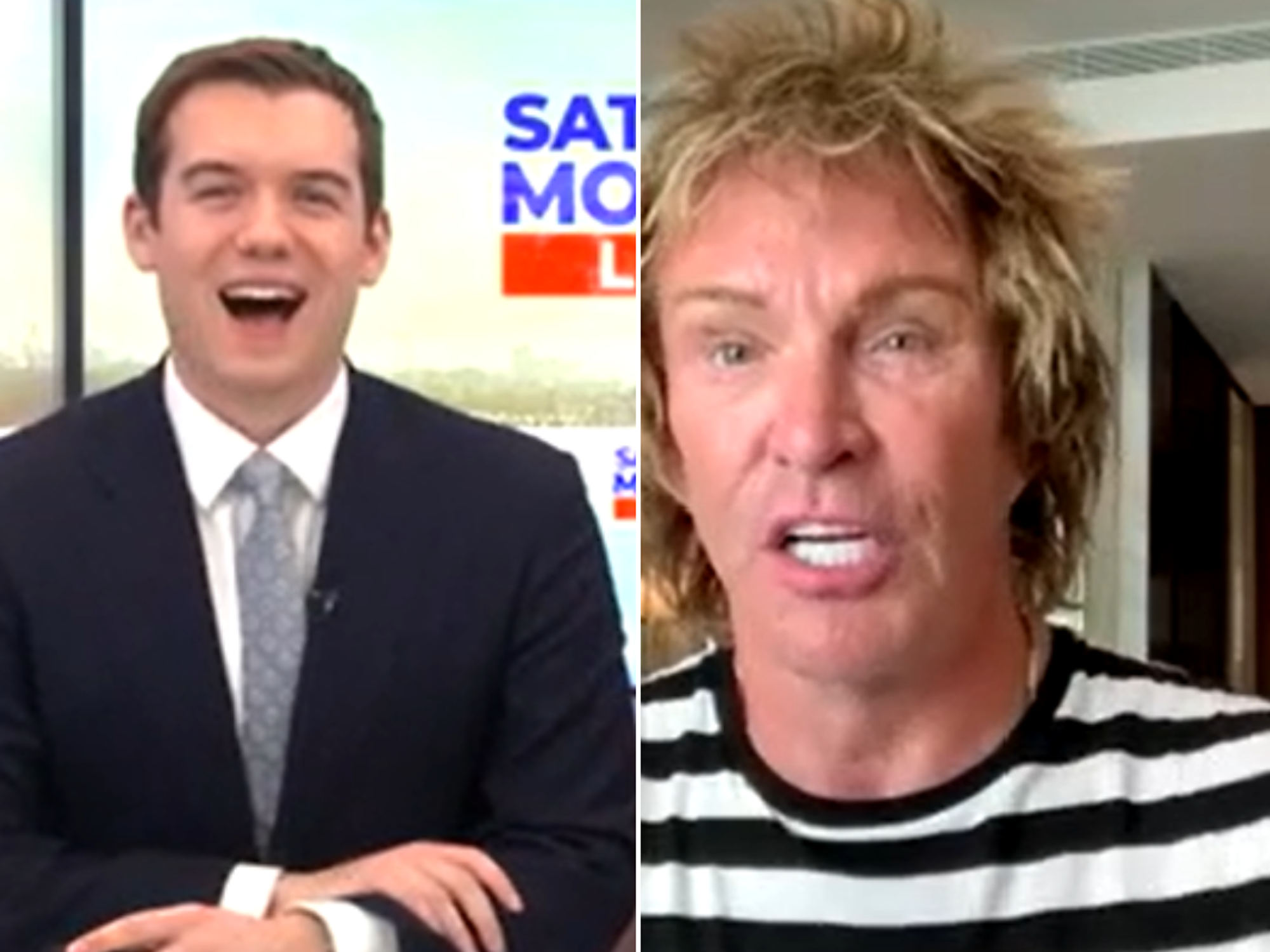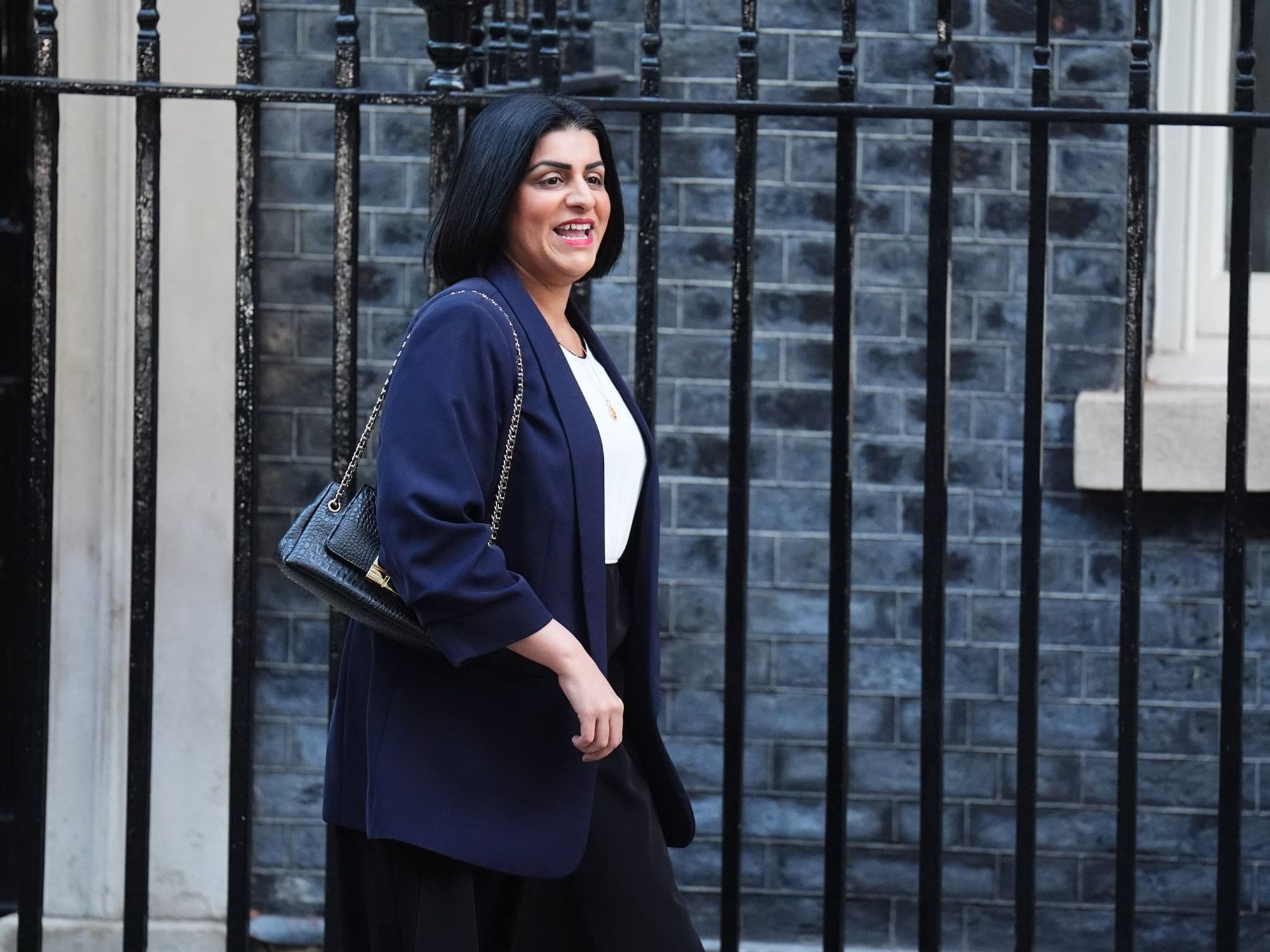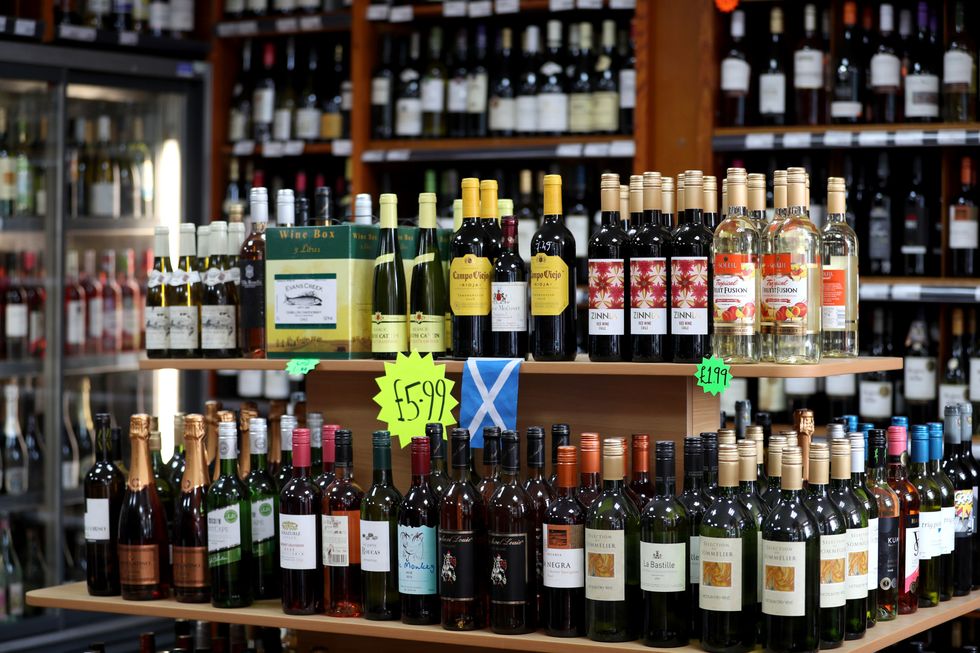Government has ‘alcohol problem’ after ditching duty rise, Parliament told
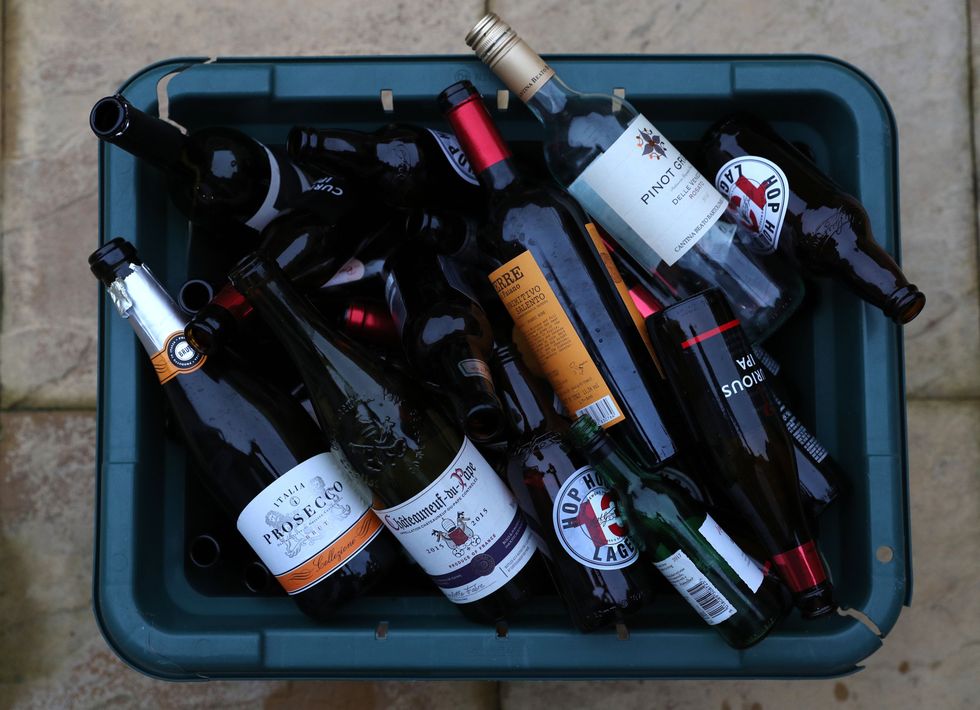
Empty bottles of alcohol in a recycling box. | Andrew Matthews
Concerns were raised in the House of Lords over the impact of cutting taxes on alcohol on booze-related health problems.
Don't Miss
Most Read
The Government has been accused of having an alcohol problem after scrapping a planned increase in duty on wine, cider, beer and spirits such as Scotch whisky.
Concerns were raised at Westminster over the impact of the move on booze-related health problems, fearing it may lead to more hospital admissions and deaths.
Alongside the freeze, valued at £3 billion, Chancellor Rishi Sunak announced in the Budget moves to cut taxes on draught beer, cider and sparkling wine as part of a big post-Brexit overhaul of the UK’s duty system.
But in sweeping changes to duties, which will come into force from February 2023, he said taxes would increase on some higher-strength drinks, such as some red wine and “white ciders”.
Mr Sunak also specifically targeted the “irrational” duty level of 28% on sparkling wine, saying that the tax would be reduced on champagne, prosecco and other sparkling wines that are typically lower strength.
The Government has been accused of having an alcohol problem after scrapping a planned increase in duty on wine, cider, beer and spirits such as Scotch whisky.
Jane Barlow
Speaking in the House of Lords, health minister Lord Kamall said the reform would simplify the duty system and would tax drinks in proportion to their alcohol content.
He said: “This should create a financial incentive for manufacturers to reformulate their products, therefore giving consumers greater choice of lower-strength products.”
But Labour peer Lord Brooke of Alverthorpe said: “All the evidence indicates that if the price of alcohol goes up, people drink less and are healthy.
“If the price of alcohol goes down, if the duty goes down, people in fact drink more.
“More people go to hospital, more people die.”
He added: “The Government, instead of relying on the industry to decide whether they will reformulate their drinks, should take a lead, should be firm, should put the health of the nation first and in fact should not be handing out a £3 billion cut in this way.
“We need a policy that will lead to better health, not worse.”
Lord Kamall said that following the nation’s departure from the EU, Britain could now set taxation based on the volume of alcohol.





